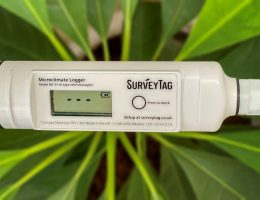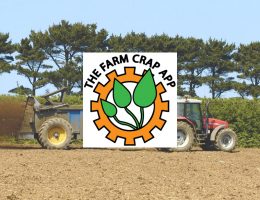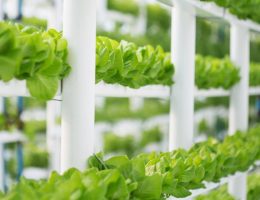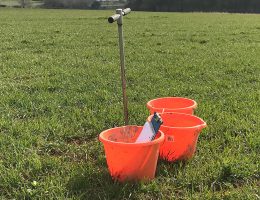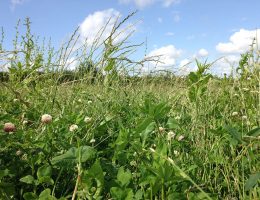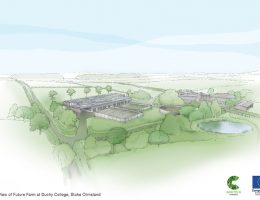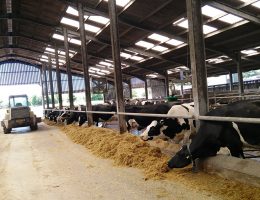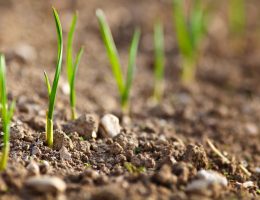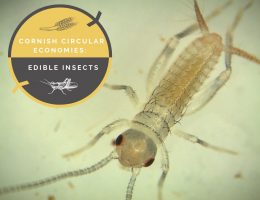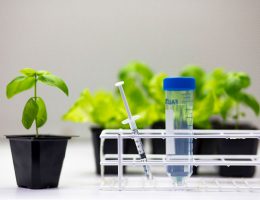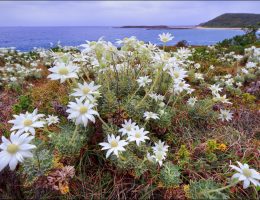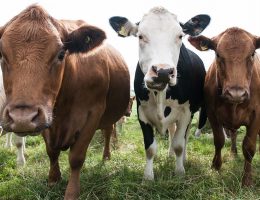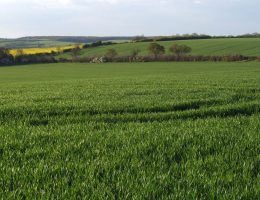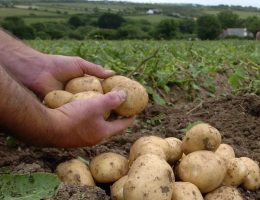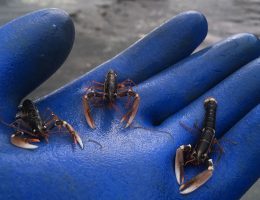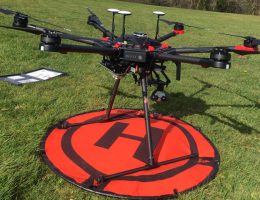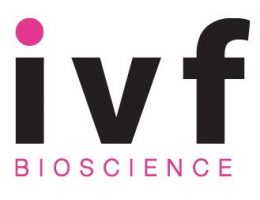Crops and plants fail to thrive for many reasons; the FIND project’s remit was to develop tools which would manage crop and plant health, as well as diagnose problems early. To do this successfully would enable growers not only to increase productivity and reduce agrochemical use, but also to develop new crops and cultivation techniques.
Fluorescence imaging is an especially useful tool: it’sa non-invasive, image-based and continuous way to identify the threats of water-deficit, nutrient-deficiency, diseases and salinity. Diagnosing these accurately is essential, as their symptoms can look similar; they’re also globally widespread, in controlled, indoor environments, as well as field-based crops. Once you realise that–for example –up to 40% of the world’s rice crop is lost each year to diseases and pests, you understand the importance of making progress in this area.
In the project’s first stage we collaborated with Cornish companies to build the hardware to diagnose and remove diseased or unhealthy plants, and to apply fungicide or nutrients. As part of the work, we also designed and developed the software which controls all this hardware.
The project’s second phase was, inevitably, hampered by Covid and lockdown restrictions, but we still achieved our objectives and made unexpected progress in directions we hadn’t anticipated. For one thing, and as planned, we succeeded in working with businesses to (among other outputs) develop image-analysis systems and plant-sensors, enhance disease detection, as well as improve post-harvest ripening and the growth of heritage crops.
Our results also showed that image analysis could potentially be adapted to develop a cost-effective tool for businesses to monitor crop health. In addition, and related to the concept of ‘agri-pharmacy’, results showed how the use of different light conditions to enhance the production of target compounds produced quantifiable changes in plant physiology.
We also, however, ended up working with two commercial seaweed-cultivators to help with the genetic improvement of their crop, as well as the development of new products thanks to improved extraction techniques.
These were not directions we’d intended taking but, alongside FIND’s other achievements, they show that ambitious businesses are eager to collaborate and, more broadly, that well-designed hardware and software deployed in sectors keen to improve are drivers of engagement and innovation.
To find out more, please email Yve at agritech@plymouth.ac.uk or call on 01752 588341.




